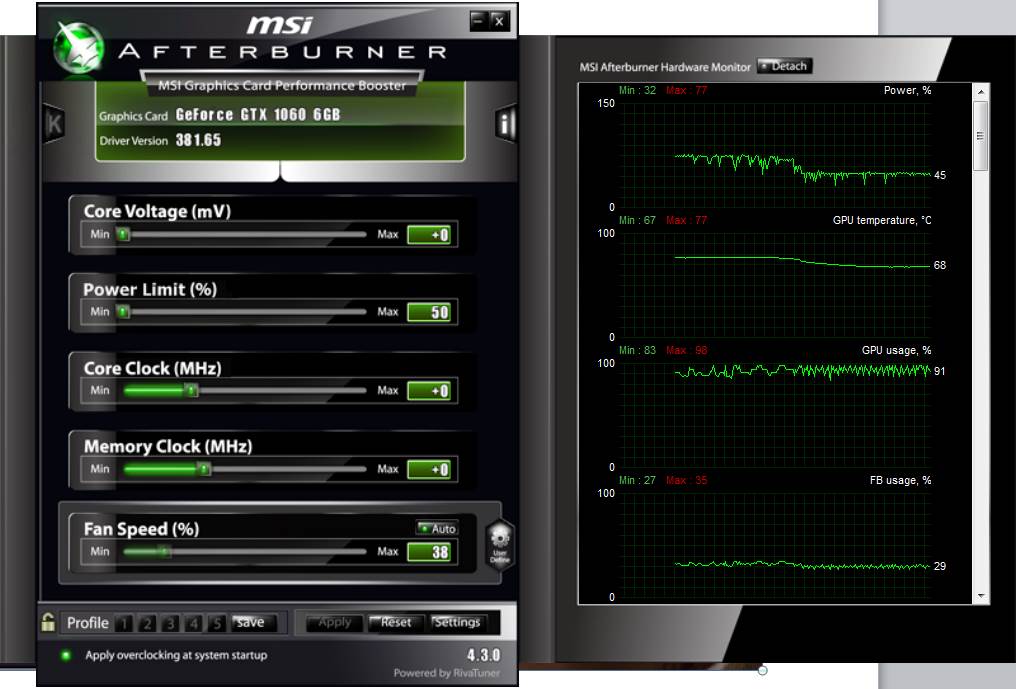Running F@H on a GPU is far more effective, enough so that I stopped bothering with the CPUs at all. This made keeping the cooling issues under control a lot easier. The down side is my power bill, in the expensive southern CA region, could easily double or triple if I ran all three GPUs among my machines around the clock. Currently that's an RX460 in my main desktop, an RX580 in a less used machine, and an RTX2060 in my gaming system. The RTX2060 is about 3X the effectiveness of the RX580 and about 5X more effective than the RX460. The difference is that the machine with the 460 is the most likely to be on 24/7 for reasons other than folding, and the 460 has a fairly modest power draw, living entirely off bus power with no direct link to the PSU.
I'd run the RTX card more often if I could afford the power bill. The heat also becomes a concern as we head into summer.
As of this moment, this has contributed 110, 543, 803 points to my team (organized by game developer Mark Kern, mostly on Twitter) over a bit more than a year, with a ranking of 17,602 out of 2,875,180 active donors, if I'm reading it correctly. It comes as a bit of a shock to me that I made it so high, considering the far more muscular GPUs out there.
https://stats.foldingathome.org/donor/69377446



